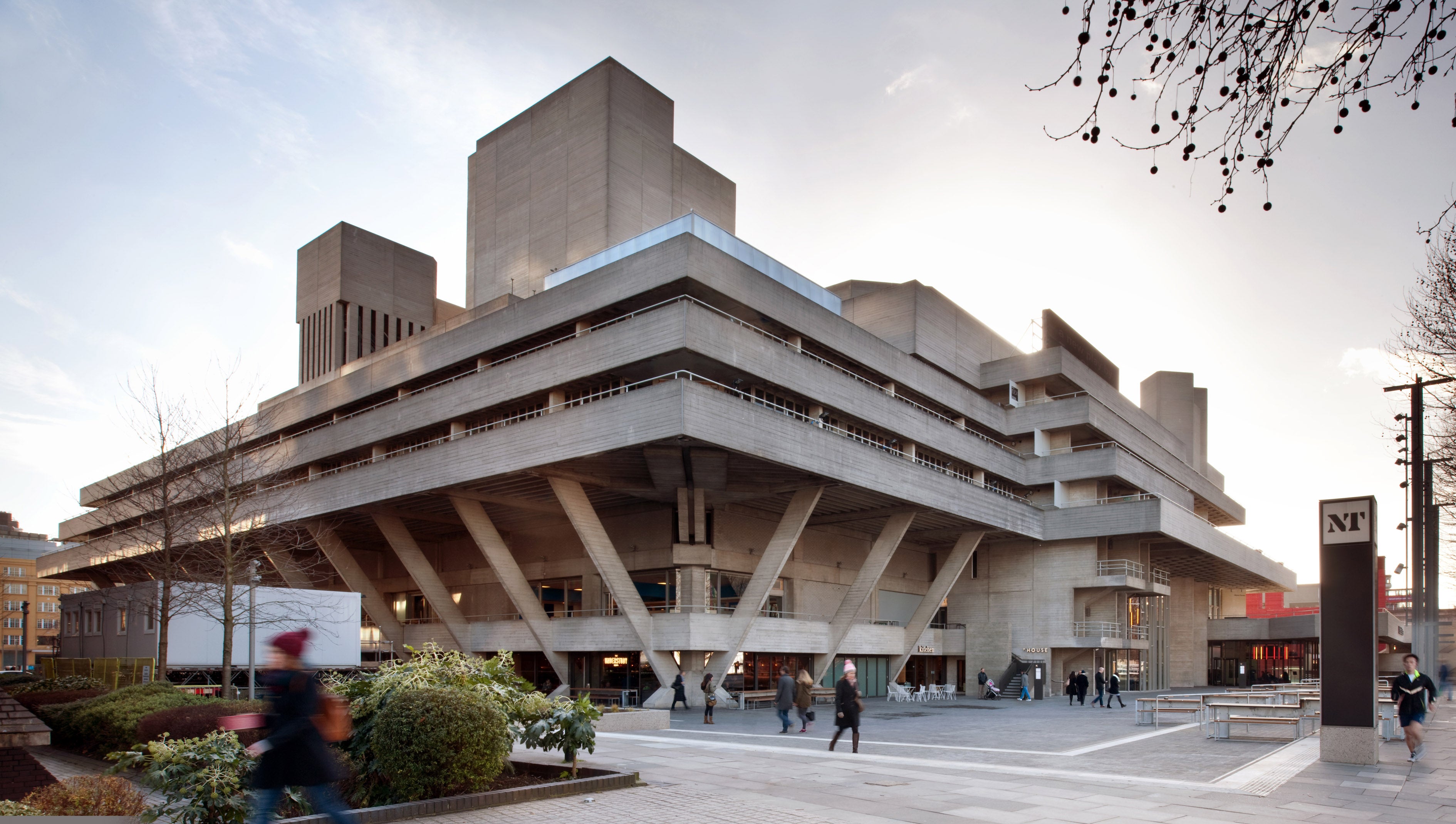Never on a Sunday is a terrible policy for theatres
Rufus Norris’s National Theatre is wrong to scale back on Sunday opening


In Manchester they are making it easier to see plays on Sundays. In London they are about to make it more difficult. Just as the Manchester Royal Exchange theatre is to start Sunday openings, the National Theatre in London is to scale back on them.
This weekend will see the start of the Manchester initiative with a performance of its production of The Crucible. The Royal Exchange’s artistic director Sarah Frankcom was quoted in The Stage saying that the move towards Sunday shows was “a way we could make ourselves even more accessible for our audiences...After a busy day at work or because of family commitments, getting to an evening show can be a challenge for some. Opening the doors on a Sunday was a way to ensure that those people have the opportunity to come and see the work we’re doing at the Exchange.”
London is another country. They do things differently there. Or at least Rufus Norris, the newish artistic director of the National Theatre does. He says that the need to cut costs means reducing the number of Sunday openings. Ironically, opening on a Sunday was one of his predecessor Sir Nicholas Hytner’s great achievements, and won in the face of considerable union opposition.
Manchester has got it right, and the National Theatre, and indeed most of the West End and many theatres across the country, have got it wrong. The logic of opening on a Sunday is so overwhelmingly obvious, that in years to come we will surely look back on all those closed buildings the one afternoon when there is free time, free parking and no school as a slap in the face for audiences, not least family audiences.
The arts must see Sundays as, not just as an added extra for some institutions, but as the key day for increasing accessibility and reaching out to family audiences. Theatre is by far the biggest culprit here. Large numbers of concerts and some opera and ballet take place on Sundays. And, we’d all do double takes if cinemas were suddenly closed on a Sunday, but seem to be wearily resigned to theatres stubbornly closing their doors.
Never on a Sunday was a lousy tradition for theatre. Rufus Norris’s Seldom on a Sunday isn’t much better. Certainly, we are living through a period of difficult cuts in the arts. But to cut back on something that benefits audiences and changes the cultural landscape for the better is downright perverse. Mr Norris should look to Manchester and think again.
So the ENO is a brand. I thought it was an opera company
Cressida Pollock, a former management consultant who has been appointed chief executive of the English National Opera, has put a statement on the company’s website headed “Exciting Changes at ENO.” She says: “We have been looking at how we express the ENO brand, whether through the way that we look and the way that we write and speak, and also through our culture and the way we behave. After some fantastic work by the team, and contributions from supporters, stakeholders and the public, we have gently updated our brand to reflect our renewed commitment to placing our audiences at the heart of everything we do.” I can’t say I’m much the wiser, though I am certainly intrigued as to how the “behaviour” of ENO staff has changed. One thing I’d urge Ms Pollock is to stop referring to this wonderful opera company as a “brand.” We opera-goers are a funny, old-fashioned lot. We still like to think of it as an art-form, and those on stage as singers. We don’t tend to go for an evening out at the brand.
The Culture Minister needs to have a word with the Culture Minister
After the star of the film Selma, David Oyelowo, made his impassioned plea this week for more to be done to help fellow black actors in Britain, there was a response from the Culture Minister Ed Vaizey. Mr Vaizey said: “It is important to talk about this issue but it is important to do things and to make a difference. There are a lot of very fed-up people who feel a lot of talk has happened over the last 30 years and we now really want to see some progress.” Absolutely. It would be good to know what concrete action is to be taken to replace the continual talk. Mr Vaizey could ask the Culture Minister. No, wait a minute...
d.lister@independent.co.uk
twitter.com/davidlister1

Join our commenting forum
Join thought-provoking conversations, follow other Independent readers and see their replies